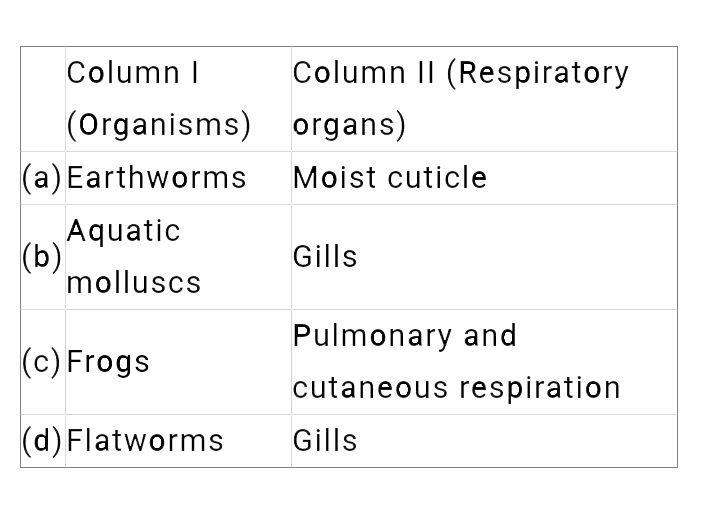Which one of the following organisms is scientifically correctly named. Corretly printed according to the Intermational Rules, of Nomenclature, and correctly described
Musca domestica - the common house lizard, a reptile
Plasmodium falciparum - a protozoan pathogen causing the most serious type of malaria
Felis tigris - the Indian tiger, well protected in Gir forests
E. coli - full name Entamoeba coli, a commonly occurring bacterium in human intestine.
The correct Answer is:B
Step by step video, text & image solution for Which one of the following organisms is scientifically correctly named. Corretly printed according to the Intermational Rules, of Nomenclature, and correctly described by Biology experts to help you in doubts & scoring excellent marks in Class 11 exams.
Updated on:21/07/2023Topper's Solved these Questions
- THE LIVING WORLDBOOK - PRADEEPCHAPTER - THE LIVING WORLDEXERCISE - ASSERTION-REASON TYPE QUESTIONS
11 Videos
- THE LIVING WORLDBOOK - PRADEEPCHAPTER - THE LIVING WORLDEXERCISE - ANALYTICAL (QUESTIONS WITH ANSWERS)
19 Videos
- STRUCTURAL ORGANIZATION IN ANIMALSBOOK - PRADEEPCHAPTER - STRUCTURAL ORGANIZATION IN ANIMALSEXERCISE - Practice Questions (Assertion-Reason Type Questions)
6 Videos
- TRANSPORT IN PLANTS BOOK - PRADEEPCHAPTER - TRANSPORT IN PLANTS EXERCISE - Notable Question
1 Videos
Similar Questions
Knowledge Check
Which one of the following organisms is scientifically correctly named, correctly printed according to the International Rules of Nomenclature and correctly described?
AMusca domestica - The common house lizard, a reptileBPlasmodium falciparum - A protozoan pathogen causing the most serious type of malariaCFelis tigris - The Indian tiger, well protected in Gir forests.DE.coli - Full name Entamoeba coli, a commonly occurring bacterium in human intestineWhich one of the following organisms is correctly matched with its excretory organs?
AHumans-Kidneys, sebaceous glands and tear glandsBEarthwork-Pharyngeal, integumentray and septal nephridiaCCockroach-Malpighian tubules and enteric caecaeDFrog-Kidneys, skin and buccal epitheliumIn which one of the following organism its excretory organs are correctly stated ?
ACockroach - Malpighian tubules and enteric caecaBFrog - Kidneys, skin & buccal epitheliumCHumans - Kidneys, sebaceous glands and tear glandsDEarthworm - Pharyngeal, integumentary & septal nephridia
Which of the following organism is not correctly matched with its respiratory organs?

View SolutionWhich one of the following cellular parts is correctly described
View SolutionWhich of the following organism is correctly matched with its common name?
View SolutionWhich of the following reactions is not described correctly?
View SolutionWhich one of the following organisms is correctly matched with its three characteristics ?
View Solution
